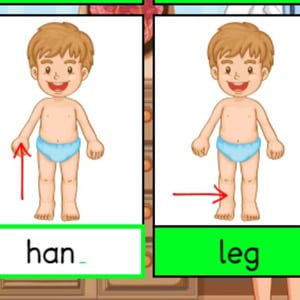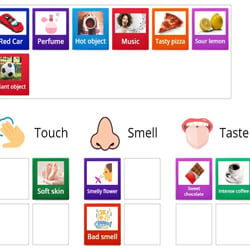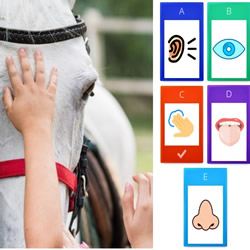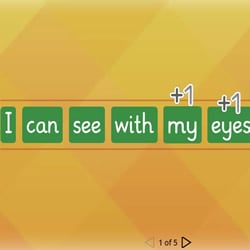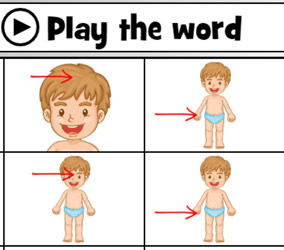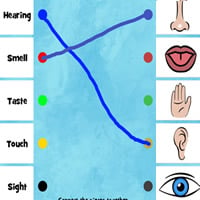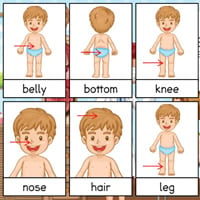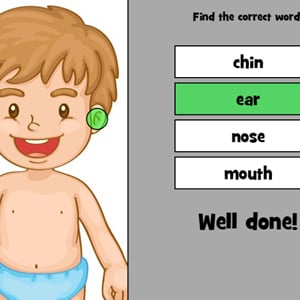At the age of 5, children are in a developmental stage where they begin to learn about the human body in a more detailed and specific way. Here are some of the learnings and concepts that children typically acquire related to the human body at this age:
- Names of body parts: Children at the age of 5 can generally identify and name the major parts of the body, such as head, eyes, nose, mouth, neck, arms, hands, legs, feet, fingers, etc.
- Basic functions of body parts: They learn about the basic functions of some body parts, such as eyes for seeing, ears for hearing, the mouth for eating and speaking, and hands for grasping and touching.
- Internal organs: Although their understanding is basic, they can learn about some internal organs like the heart (that beats), the lungs (that help with breathing), and the stomach (where food is digested).
- Body systems: They begin to have an understanding that the body is composed of interconnected systems, such as the circulatory system (heart and blood), the respiratory system (lungs), the digestive system (stomach and intestines), and the muscular system (muscles).
- Personal hygiene habits: They learn about the importance of personal hygiene, such as washing hands, brushing teeth, and bathing. They start to understand why it’s important to stay clean.
- Healthy eating: They begin to learn about food and understand the difference between healthy and unhealthy foods. They can learn that certain foods are good for growth and energy.
- Growth and development: They understand that the human body grows and changes over time. They may realize that they themselves are growing and developing.
- Injury prevention: They learn basic concepts about how to prevent injuries, such as not running near pools, not touching hot objects, and wearing a helmet when riding a bicycle.
- Feelings and emotions: They begin to develop a basic understanding of how emotions can affect the body, such as feeling happy, sad, angry, or scared.
It’s important for adults to encourage children’s curiosity about the human body and provide them with accurate and age-appropriate information. Illustrated books, open conversations, and practical activities like human body puzzle games can be helpful resources to help children explore and better understand this topic.
⚠️ It is important to choose online human body games that are age-appropriate, interactive and engaging. In addition, it is critical to supplement online games with hands-on off-screen activities, such as reading books, playing with magnetic letters, singing alphabet songs, and writing letters on paper. ⚠️













